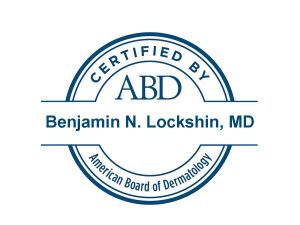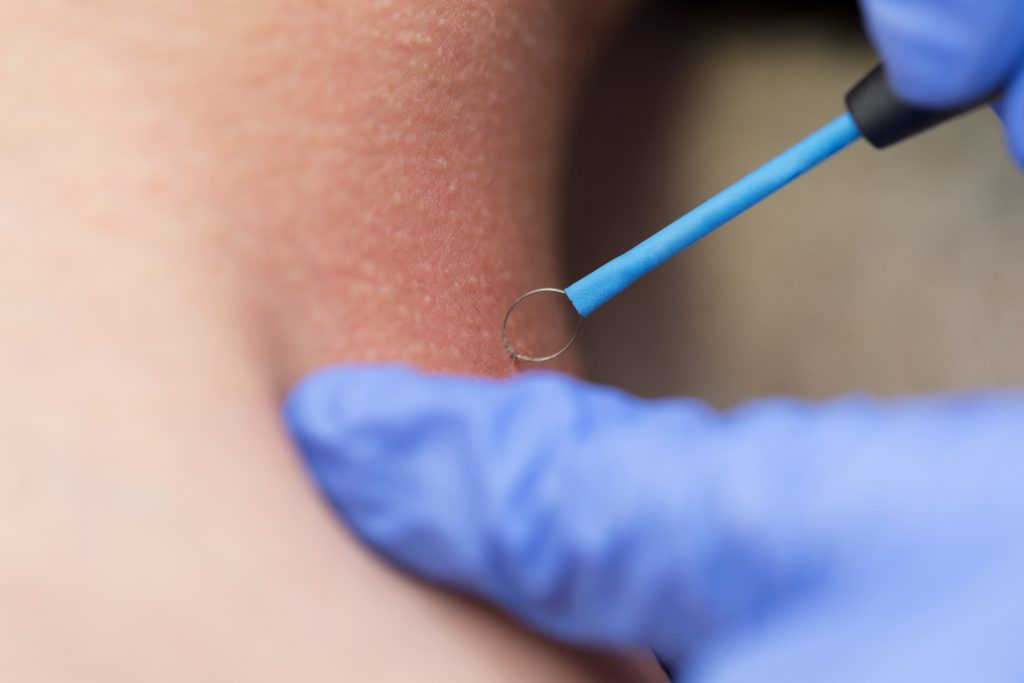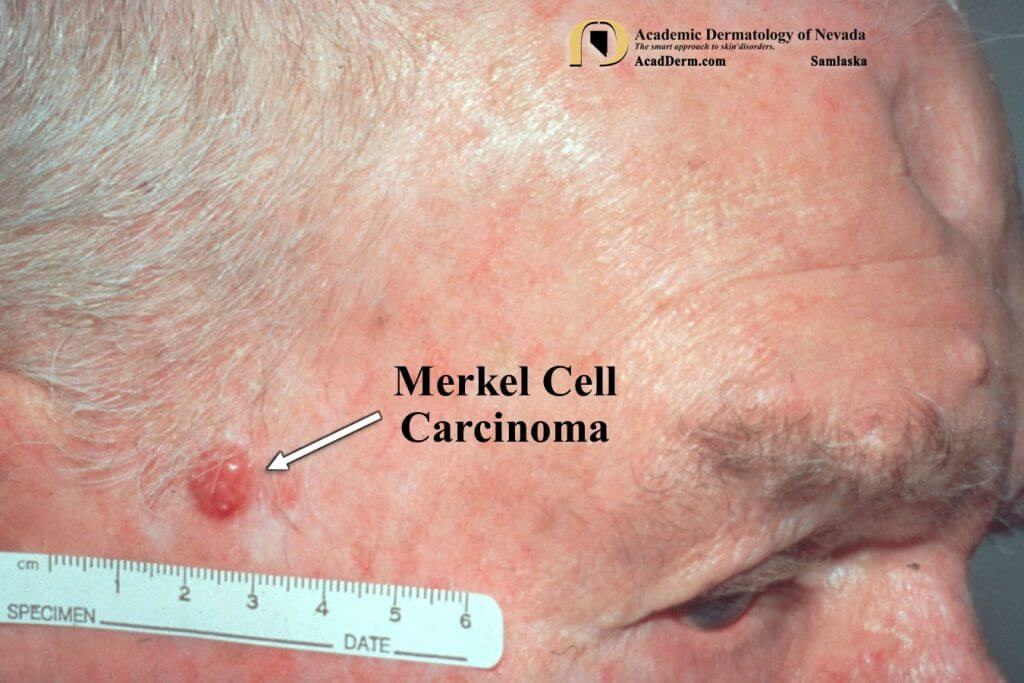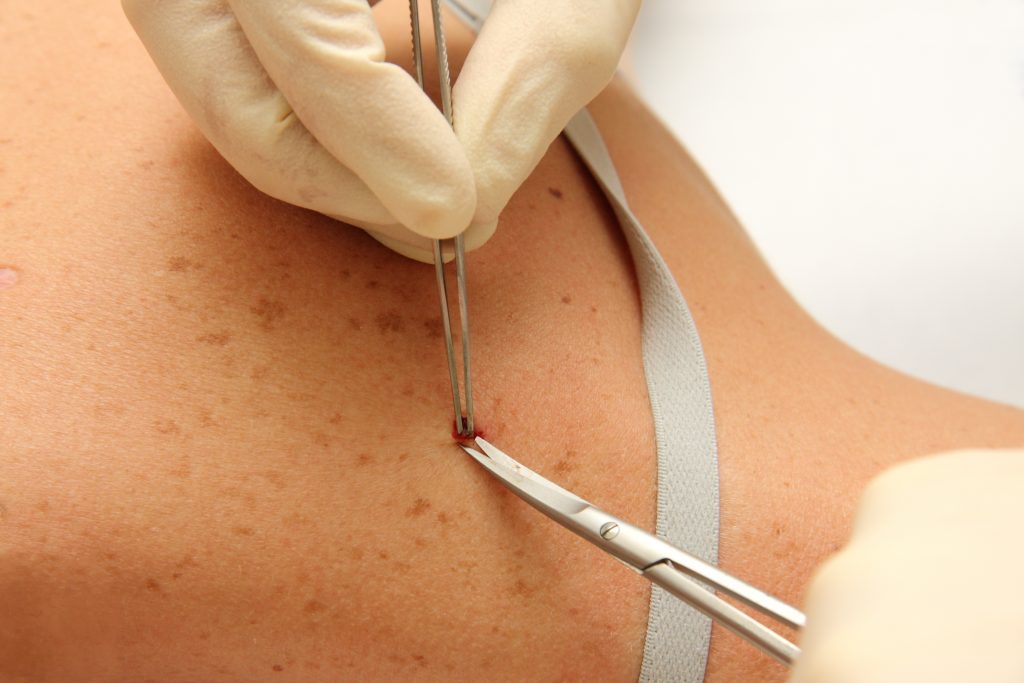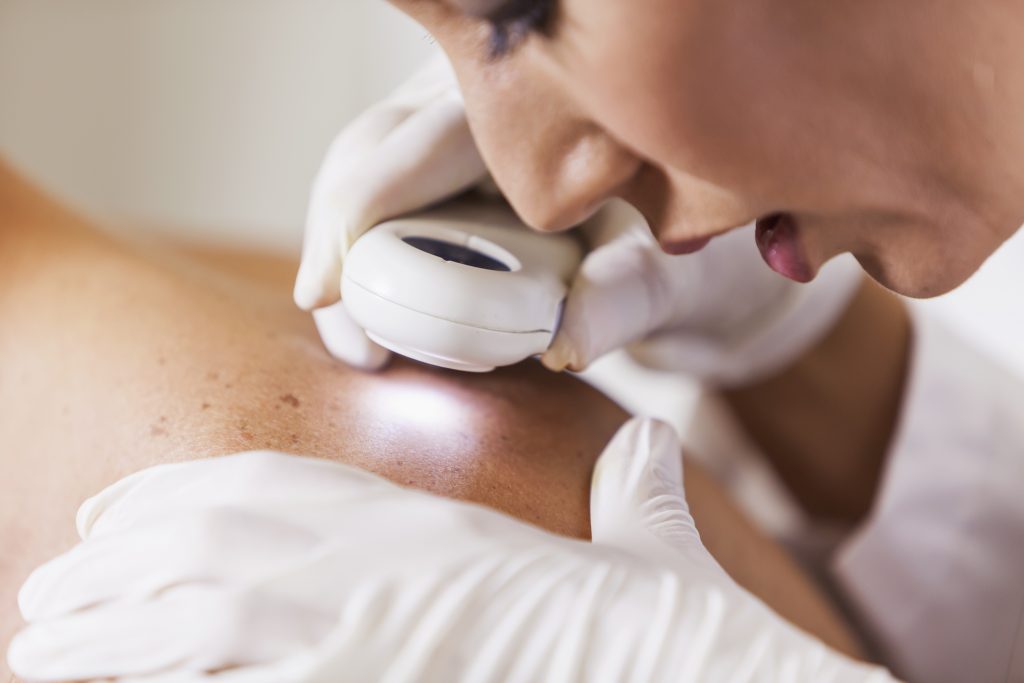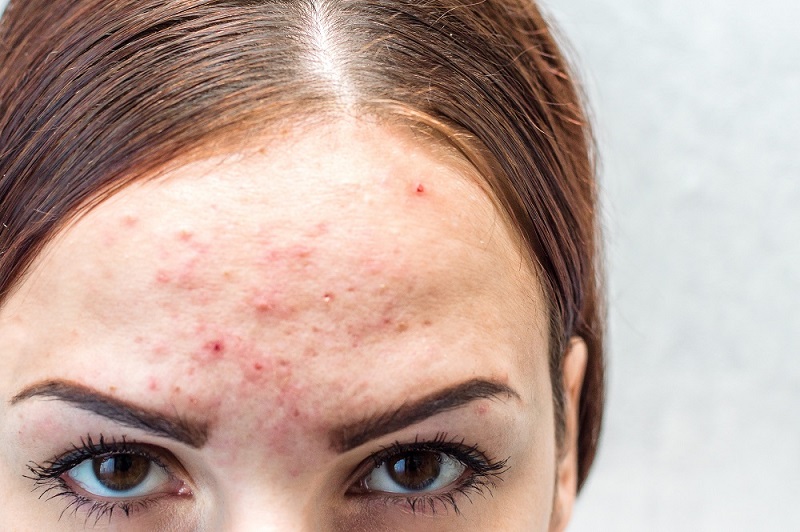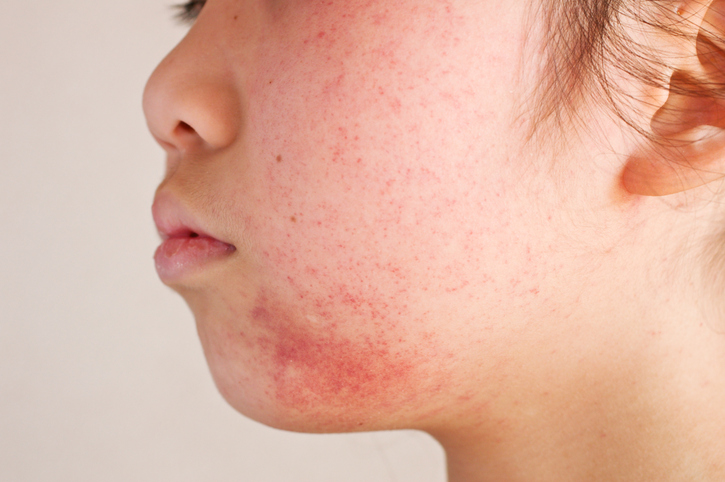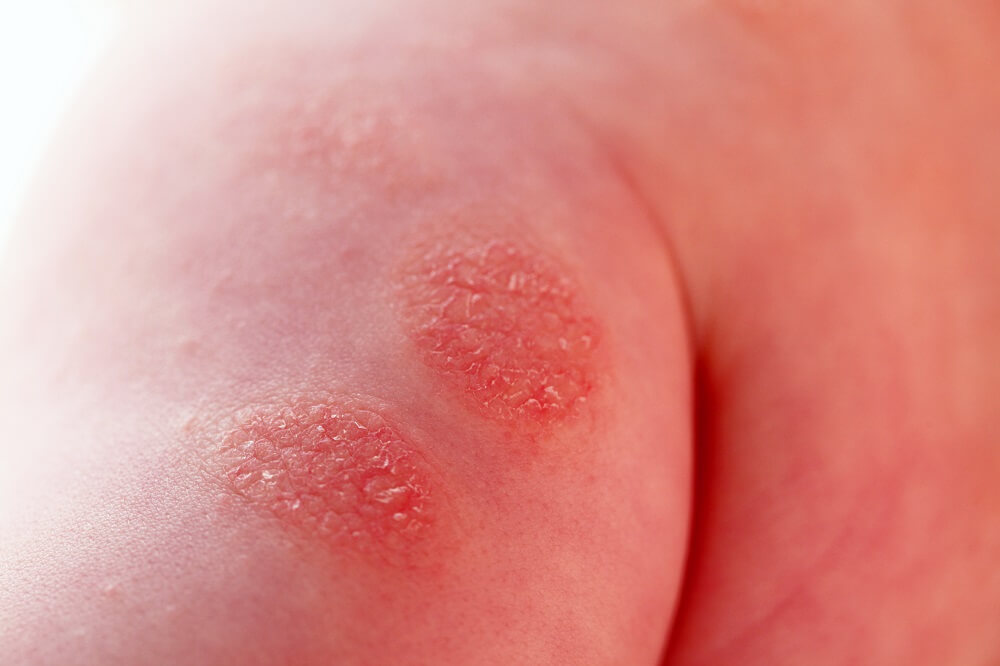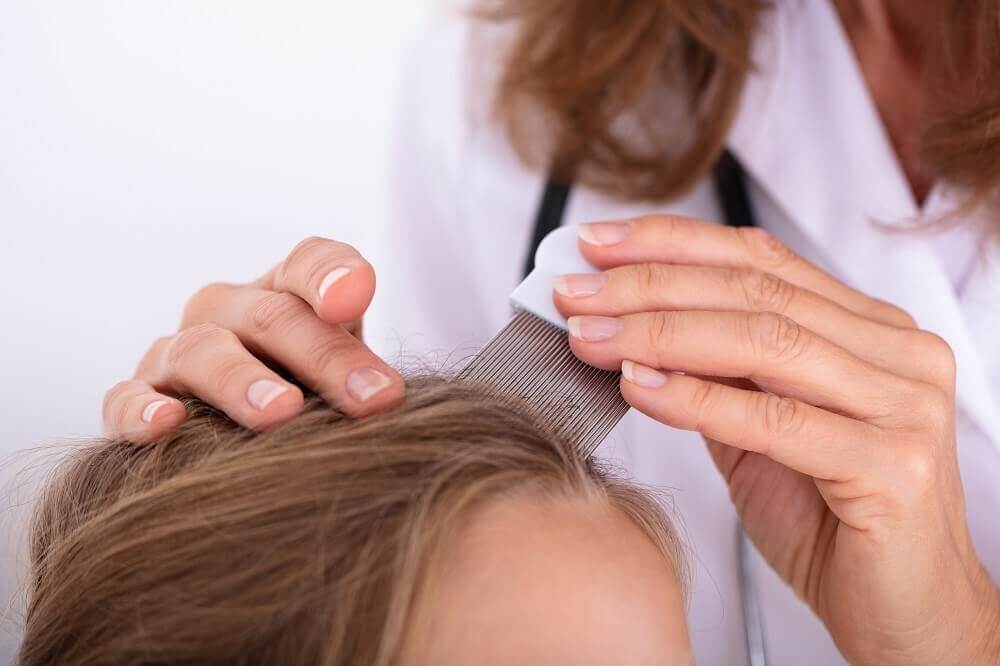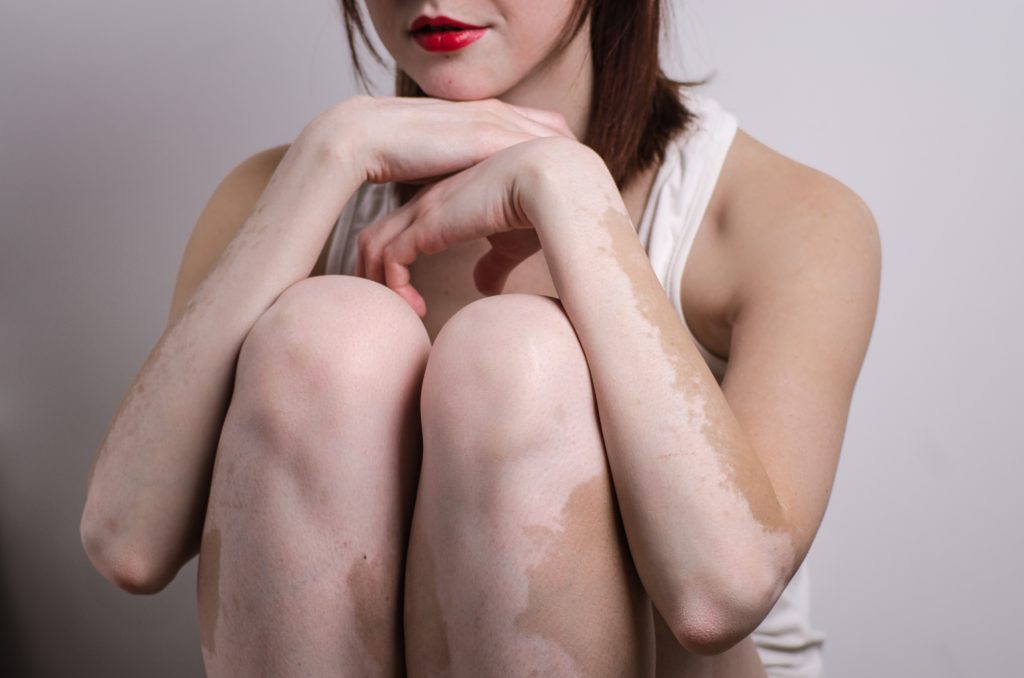Dr. Benjamin Lockshin graduated with honors from Brandeis University with a bachelor’s degree in fine arts and sculpture. He earned his medical degree from Georgetown University in 2001 and completed his residency at Indiana University in 2005. Following his residency, he taught at Case Western University and Johns Hopkins University.
At his practice, Dr. Benjamin Lockshin specializes in medical dermatology. He is the director of the Clinical Trials Center at DermAssociates, which conducts various trials and studies in partnership within the industry and the NIH.
In addition to private practice, Dr. Benjamin Lockshin continues to be actively involved in resident education. He currently leads didactic case reviews for the residents at Georgetown University/Washington Hospital Center. His efforts were recognized with the Resident’s Teaching Award at Johns Hopkins in 2012. Dr. Ben has published numerous peer-reviewed articles and has written several chapters for dermatology textbooks. He regularly gives lectures across the country on psoriasis therapies and research.
Currently, Dr. Benjamin Lockshin is on the board of directors for the National Psoriasis Foundation (NPF) and is also the chair of the research committee for the NPF. Recently, he has been honored to join the Medical Scientific Advisory Council for the DMV Chapter of the Lupus Foundation of America.
Dr. Benjamin Lockshin is a board-certified dermatologist and a member of the American Society of Dermatologic Surgeons. He is also an active member of the Washington, D.C., Dermatological Society and has served in the past as the society’s president.
Dr. Benjamin Lockshin is recognized as one of Washingtonian’s top dermatologist, which he has won every year since 2010. In addition, he was voted by his peers as one of the top dermatologists in the Washingtonian Checkbook Magazine.
Dr. Benjamin Lockshin cares for patients in Rockville, Maryland at U.S. Dermatology Partners, formerly DermAssociates.
Specialties and Affiliations
- American Board of Dermatology
- American Academy of Dermatology
Badges and Awards


Featured Articles
- Integrating Nonsteroidal Topical Therapies in Plaque Psoriasis Care
- Oral Therapies Offer New Options for Patients With Psoriasis
- Biologics and Pregnancy: A Q&A With Ben Lockshin, MD
- Exploring Oral Options for Psoriasis Therapies
Featured Blogs
- U.S. Dermatology Partners Physicians Recognized by Peers as Washingtonian’s Top Docs 2024
- U.S. Dermatology Partners is Recognized in Castle Connolly Top Doctors 2024
- U.S. Dermatology Partners Physicians Recognized by Peers as Washingtonian’s Top Docs 2020
- U.S. Dermatology Partners Physicians Recognized by Peers as Washingtonian’s Top Docs 2019
- U.S. Dermatology Partners Welcomes Dermatology Associates of Northern Virginia


